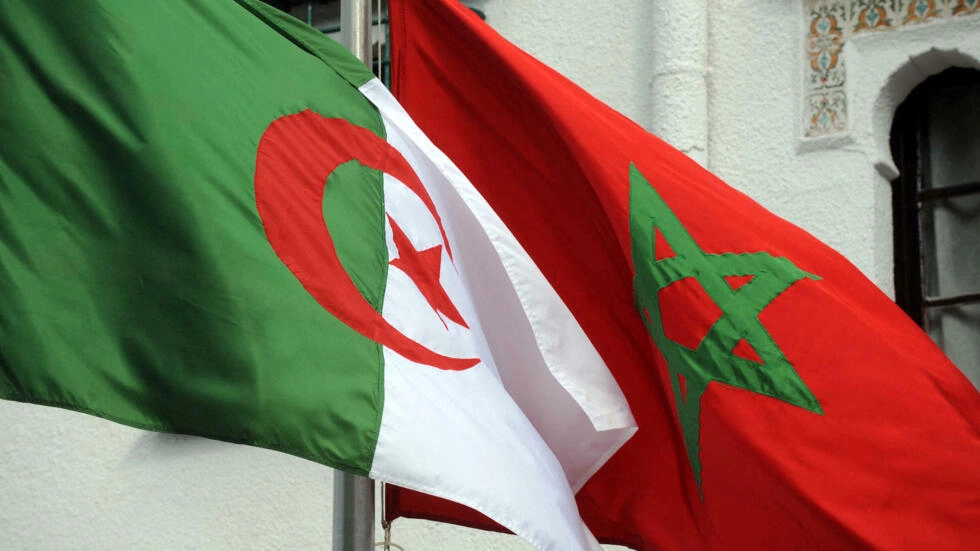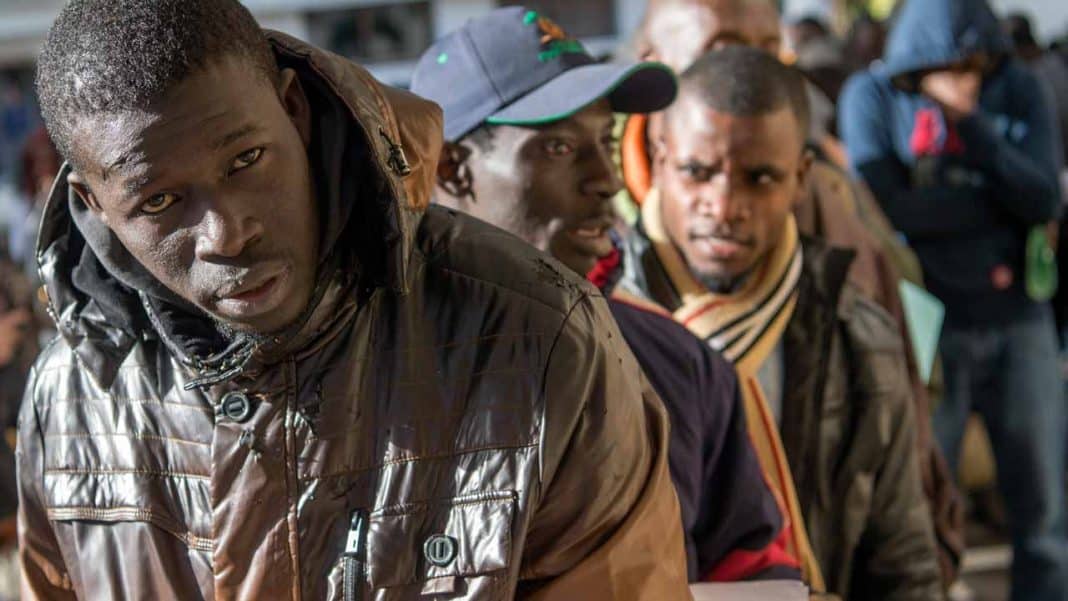MDC Principal Researcher Emeritus Gideon Gera examines the results of the Algerian parliamentary elections and explores their implications for stability and governance in Algeria.
The May 4, 2017 parliamentary elections in Algeria reaffirmed the regime’s stability and its control over the institutions of the state. These elections and the formation of a new government should be viewed as a preparatory phase for the next presidential election, to be held in 2019 or earlier, if the ailing President Bouteflika is unable to complete his fourth term.
In the elections to the House of Representatives (the National Popular Assembly), the two major parties – the National Liberation Front (FLN) and the National Rally for Democracy (RND), which constitute the regime’s political power base – together attained a clear majority. Out of 462 seats they collectively won 261 (161 and 100); and two more nationalist parties are expected to join them – TAJ (Rally of Algerian Hope) – 19 seats – and the MPA (Algerian Popular Movement) – 13 seats. Meanwhile the legal Islamist opposition performed poorly again, having split once more (due to personal rivalries) after its disappointing performance in the previous elections in 2012; its core – the MSP (Movement of Society for Peace) – won just 33 seats (compared to 48 seats in 2012). Another Islamist list won 15 seats. Notwithstanding Parliament’s limited powers (the real power is concentrated in the hands of senior generals and politicians around the President – the “pouvoir”), around 12,000 candidates competed in the elections. The seats were divided between 35 (mostly small) parties and independents. However, the low voter turnout (35% as opposed to 45% in 2012) demonstrates the apathy prevalent among large segments of the population.[1]
Six years after the Arab uprisings – particularly in neighboring Tunisia – the Algerian political system has been characterized by continued stability and continuity. The policy adopted by the authorities during the unrest – a certain degree of openness in the political arena, such as improving the electoral process, allowing new parties and greater freedom of the press, and economic liberalization – in combination with a determined police crackdown on public disorder and the continued and unrelenting struggle against the hard-core Islamist insurgents from the 1992-1999 civil war (now rebranded as al-Qaʿida in the Maghreb – AQIM) both in the Kabyle mountains and southern desert, has been successful. The regime also restored security in the south, which had been undermined by the Islamist rebels’ high profile raid on the oil production facilities in In Amenas in January 2013. This required major military redeployments and was achieved in cooperation with Tunisia, anti-Islamists in Libya, French forces in Mali and Niger and (less publicly) the U.S.
However, it should be emphasized that neither of the country’s two main problems have been solved: the ongoing socio-economic crisis, arising from high unemployment, a shortage of housing, poverty, a large youthful population, and the inability (or lack of will) to build an economy that is less dependent on oil and gas. This crisis has deepened in the last two years following the sharp decline in oil prices. Oil profits, which are the main source of income for the government, have enabled the regime to alleviate local socio-economic problems emerging from time to time by distributing “rent” earned from oil and gas revenues.
For instance, following the 2013 raid on In Amenas, the southern districts, which had been neglected by the government, were given larger budgets for employment and general development. However, the decline in oil prices has limited the government’s freedom to solve major problems by distributing hydrocarbon wealth and increasingly forced it to dip into its foreign currency reserves, which have eroded from $194 billion in 2014 to $114 billion in 2016.
Following the elections, the president appointed a new government and placed at its head one of his veteran loyalists, the 72-year-old Abdelmajid Tebboune, who had previously served as minister for housing. The new government included 15 new ministers; its focus will be on economic recovery (austerity and creating new economic sectors, apart from oil and gas) and dealing with the central social challenges: unemployment, housing, health, and education.[2]
The main implications of these elections are: First, a demonstration of the regime’s stability. It even brought the wheel-chair-bound (following a 2013 stroke) President Bouteflika – who was often described by the opposition as incapacitated – to a rare “photo opportunity” at the voting polls, but his inability to insert the voting slip into the ballot box under his own power spoke for itself.
Second, it can be presumed that the regime saw the elections as a preparatory step toward the 2019 presidential elections, if Bouteflika survives until then. Candidates for the election are likely to be drawn from President Bouteflika’s ruling faction. Military leaders and a small group of politicians from the president’s entourage – headed by his brother Saʿid – are making every effort to place the president’s supporters (generally coming from the west of the country) in key positions. This is the case with the new Prime Minister Tebboune and with Abdelmoumen Ould Kaddour, a native of Tlemcen in the west, who, in a surprise move, was appointed as the CEO of the national oil company Sonatrach two months ago, replacing a Kabylian from the east.[3]
Third, it is obvious to the regime that to sustain its rule it has to deliver economic growth and diversification and reduce spending, in order to overcome the budget shortfalls caused by the drop in oil price. Hydrocarbon revenues declined from 3.39 billion in 2014 to 1.78 billion in 2016 (in Algerian dinars). This may require austerity measures, which has the potential not only to generate popular unrest, but also to limit imports, which would hurt some major businessmen close to the president’s regime.
Finally, it is clear that other factions are also preparing for the succession struggle, which will likely mark a generational shift. Among those potentially vying for the position is a younger generation of generals. Indeed, the May 2017 parliamentary election should not obscure the fact that the military still remains the strongest force in Algerian politics.














